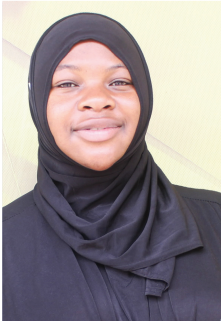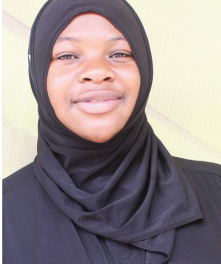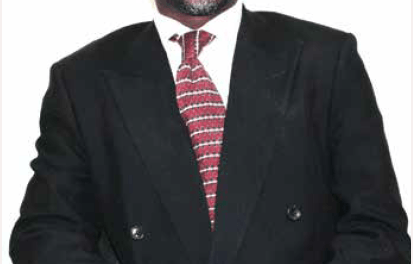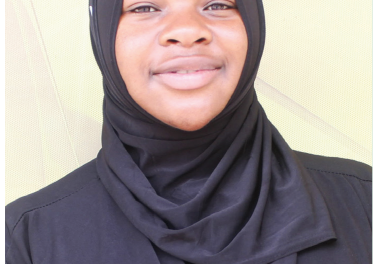
FDH Bank’s Islamic Banking Service Embracing Diversity in Finance

In a world where diversity and inclusivity are increasingly valued, the introduction of new financial services tailored to specific cultural and religious beliefs marks a significant step towards creating a more inclusive financial landscape. FDH Bank’s recent announcement of its first Islamic banking service is not only a testament to the institution’s commitment to meeting the diverse needs of its customers but also a cause for celebration among the Muslim community and society at large in Malawi.
Islamic banking, rooted in the principles of Sharia, operates on the basis of ethical and moral guidelines that prohibit the charging or paying of interest (riba) and promote risk-sharing and profit-sharing arrangements. This approach aligns with the values and beliefs of millions of Muslims around the world who seek financial solutions that are consistent with their faith.
The introduction of Islamic banking called Salama by FDH Bank represents a significant milestone, not just for the institution itself, but for the entire financial sector in the region. It signals recognition of the growing demand for Islamic financial products and services and demonstrates willingness to adapt and innovate to meet the evolving needs of customers in the country.
For the Muslim community, the arrival of Salama services is a cause for excitement and optimism. What also people should have in mind is that it provides access to financial products that are not only compliant with Islamic principles but also tailored to their specific needs and preferences. From Sharia-compliant savings accounts and investment products to Islamic mortgages and business financing, these offerings empower Muslims to manage their finances in a way that aligns with their faith.
Moreover, the introduction of Islamic banking by FDH Bank fosters a sense of belonging and inclusivity within the Muslim community. It sends a powerful message that their values and beliefs are respected and accommodated within the financial system, enhancing their confidence and trust in the banking institution. Other banks claim they will follow suit, but the time is now as the current bank is swiftly securing all the reliable investors, businessmen, and organisations.
Some might be thinking that Islamic banking is bout Muslims only, society as a whole stands to benefit from the introduction of Islamic banking services. By promoting ethical and responsible finance, Islamic banking contributes to a more stable and sustainable financial system. The emphasis on risk-sharing and asset-backed transactions encourages prudent and responsible lending practices, reducing the likelihood of financial crises and promoting economic stability.
And also looking at a different angle, Islamic banking promotes financial inclusion by reaching segments of the population that may have been underserved or excluded by conventional banking practices. This includes not only Muslims seeking Sharia-compliant financial solutions but also non-Muslims who are attracted to the ethical and transparent nature of Islamic finance.
What FDH has done also presents opportunities for collaboration and partnership across different sectors. As businesses seek to tap into the growing market for Islamic finance, they may explore partnerships with Islamic banks to develop innovative products and services that cater the needs of diverse customer segments. This collaborative approach fosters innovation and drives economic growth, benefiting society as a whole.
As we celebrate the arrival of Islamic banking services offered by FDH Bank, it is essential to recognize that this is just the beginning of a journey towards a more inclusive and diverse financial ecosystem. While significant progress has been made, there is still much work to be done to ensure that all individuals and communities have access to financial products and services that meet their needs and preferences.
It is incumbent upon financial institutions, regulators, and policymakers to continue working together to promote diversity and inclusivity in finance. This includes fostering an environment that encourages innovation and entrepreneurship in Islamic finance, as well as implementing policies and regulations that support the growth of the industry.
In conclusion, what FDH Bank has done calls for celebration and optimism. It represents a significant step towards creating a more inclusive and diverse financial landscape, where the needs and preferences of all individuals and communities are respected and accommodated. By embracing diversity in finance, we can build a more resilient, sustainable, and equitable financial system that benefits society as a whole.































